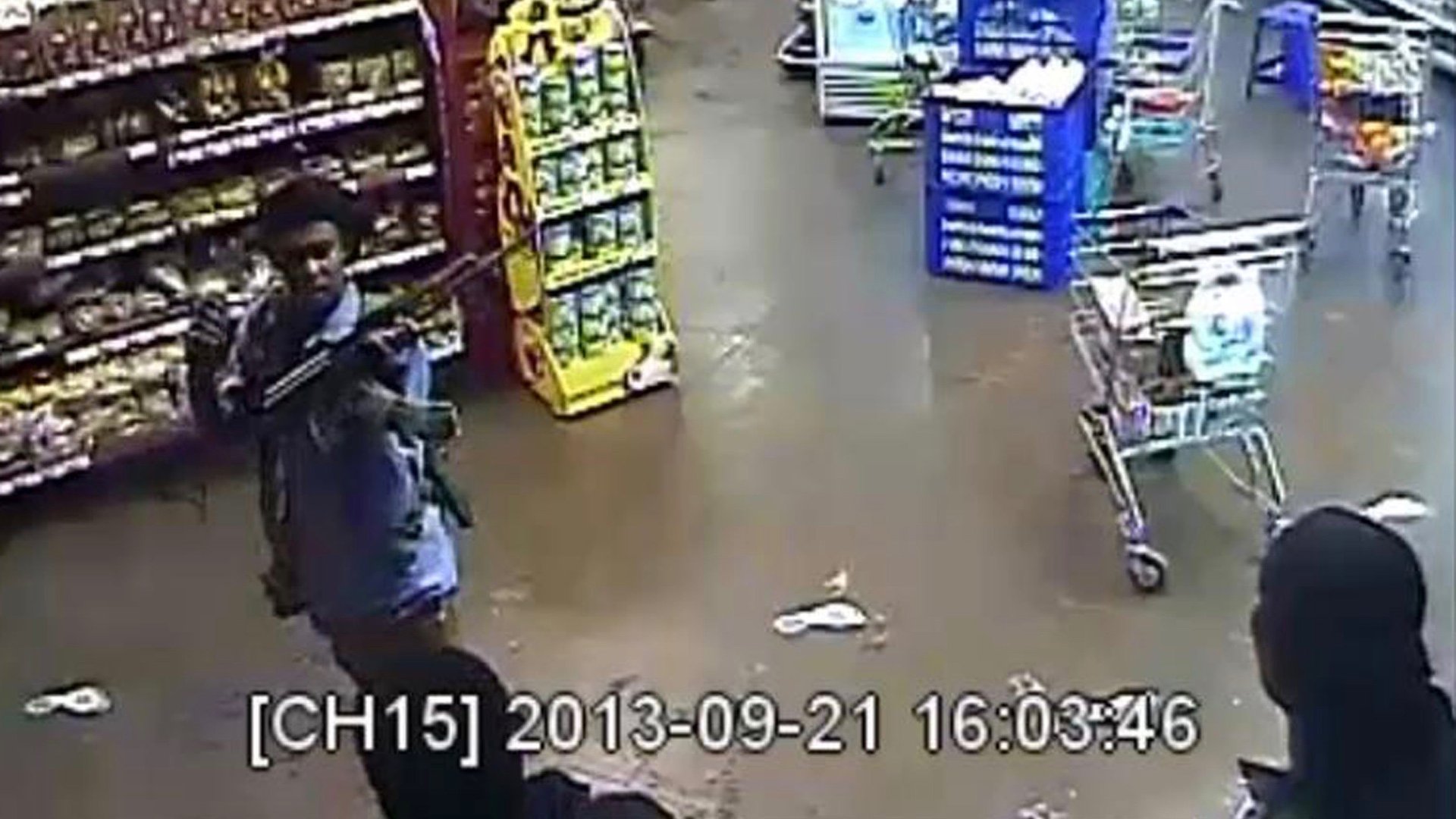South Africa, already a thoroughfare for terrorists, could also be a target
There’s a reasonable chance of a terror attack in South Africa, say analysts. South Africa was on alert this past weekend after the U.S. Mission to South Africa warned American citizens against attacks targeting places where Americans congregate, like shopping malls in Johannesburg and Cape Town.


There’s a reasonable chance of a terror attack in South Africa, say analysts. South Africa was on alert this past weekend after the U.S. Mission to South Africa warned American citizens against attacks targeting places where Americans congregate, like shopping malls in Johannesburg and Cape Town.
In the alert, the mission tipped off people about planned “near-term attacks” carried out by extremist groups. Its intelligence was received against the backdrop of the Islamic State of Iraq and the Levant’s call for global attacks during Ramadan, which started over the weekend.
“We remain a strong and stable democratic country and there is no immediate danger posed by the alert,” South Africa’s Minister of State Security David Mahlobo said in a statement on Monday (June 6). In a statement titled “no need to panic,” Mahlobo said the American warning was a routine precautionary message.
Last September, the diplomatic mission issued a similar alert, saying terrorists may target U.S. government buildings and other American interests in South Africa. No attack followed, but analyst fear the country’s porous borders and alleged intelligence shortcomings could make it vulnerable to a large-scale public attack like those seen in Kenya.
In 2013, al-Shabaab militants attacked the Westgate mall in Nairobi on a Saturday morning, leaving 67 dead in a siege that lasted four day. The attack exposed Kenya’s own security shortcomings, leaving the country vulnerable to another mass shooting at the Garissa University in 2015. South Africa’s security is open to similar failings.
“There is ample evidence to suggest that South Africa is a long-established and preferred thoroughfare for international terrorist organizations,” said Robert Besseling, executive director of EXX Africa, a specialist intelligence consultancy. “Yet, there is little credible indication that international terrorist activity in South Africa actually poses a direct threat to the country itself.”
While terrorists have not yet carried out any attacks in South Africa, an attack is entirely feasible because of the existing weaknesses in domestic security, said Besseling. The country’s high youth unemployment also lends itself to radicalization, he said. South Africa has not only served as a passageway, but also a temporary base for terrorists.
Intelligence operatives discovered that a British citizen linked to the Nairobi attack lived in South Africa under a false identity. Samantha Lewthwaite, known as the White Widow, lived in South Africa from 2009 to 2011 as Natalie Faye Webb. During that time, she was linked to an al-Shabaab bomb factory in Mombasa.
While Lewthwaite is still at large, South African and foreign intelligence services also successfully thwarted suicide bomb attacks by al-Qaeda between 2007 and 2010 in South Africa, one of those targeting the Jewish cultural center in Cape Town. More recently, ISIL has successfully recruited an unknown number of South Africans. South Africa’s state security department assured citizens that its monitoring of terrorist and other threats is continuous and thorough.